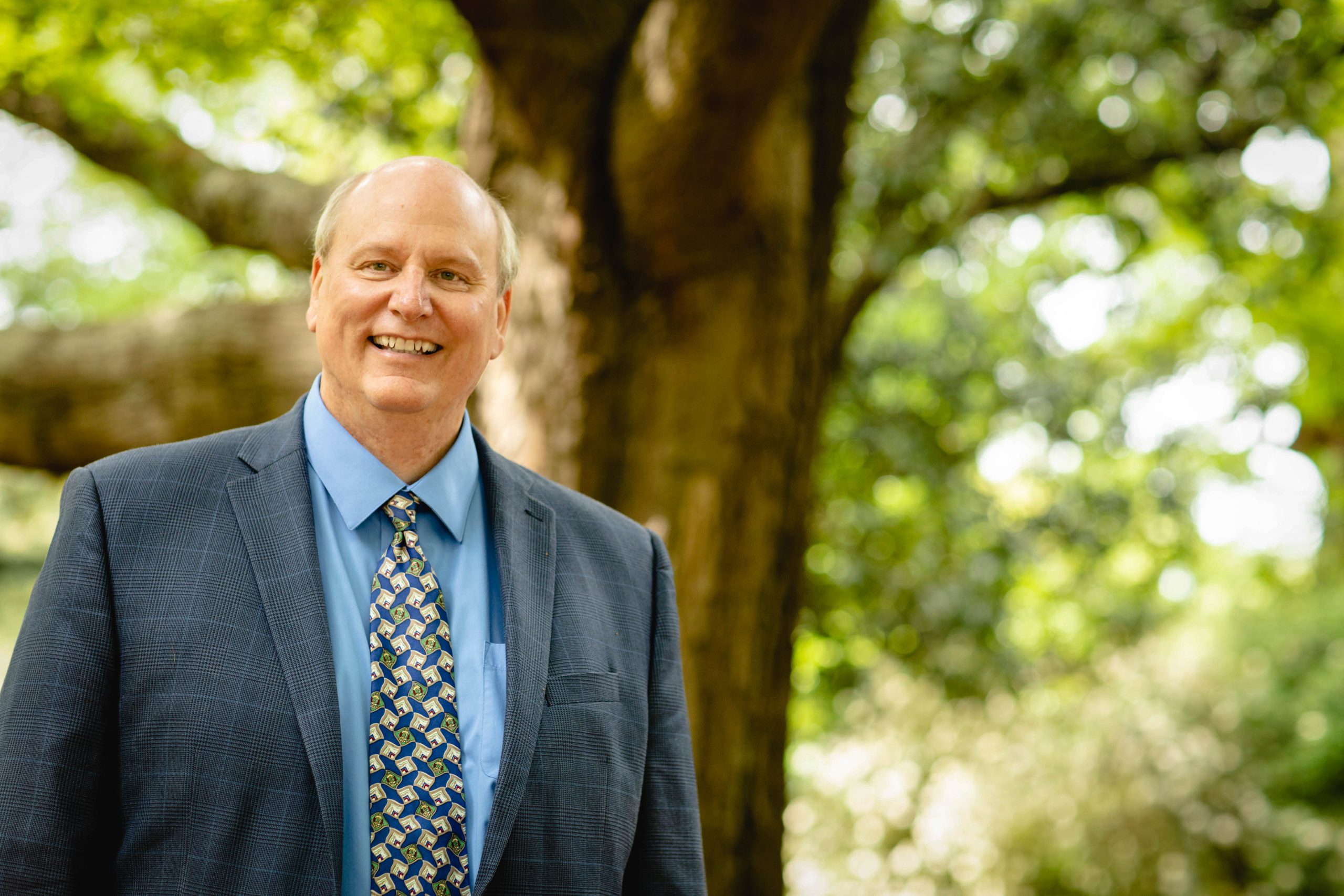
Money isn’t just about trading stocks or creating a retirement plan. Money affects people and how they behave, and I strive to uncover how that behavior affects people’s overall financial health.
Athletic Endowed Professor
Ever since I was growing up in Reno, Nevada, I’ve had an interest in financial topics. At the time it was not possible to study financial planning. In fact, I had no idea that financial planning and counseling, let alone financial therapy, existed as a possible career. After obtaining a business/economics degree and an M.B.A., it dawned on me that I would like to really help people with their money questions, concerns and dreams.
Before coming back to academia, I worked in the financial industry as a pensions and benefits administrator and as a registered investment advisor in an asset management firm. I was drawn back to the ivory halls by the chance to really think about how financial investments can make a difference in people’s lives. That’s one of the reasons I became the founding editor of the Journal of Personal Finance as well as the Journal of Financial Therapy.
Research can give us a great picture about how financial health can bring about real changes in people’s emotional and physical lives. I look forward to working with graduate students in our program because their research topics excite and challenge me. Not only do I help them as they prepare for their careers as financial planners, financial counselors and financial therapists, but I get to help them with their exciting and interesting topics.
My own research interests include financial risk-tolerance assessment, psychophysiological economics and financial planning help-seeking behavior. The majority of my work is focused on helping consumers and financial service professionals navigate the increasingly complex financial marketplace.
